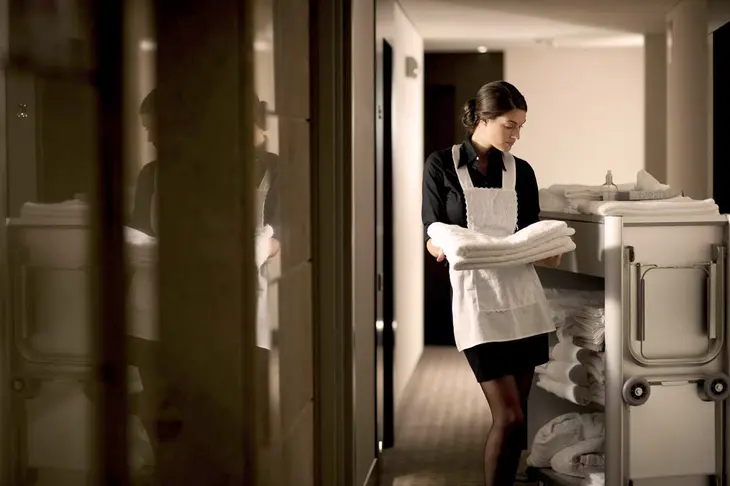
Navigating Hotel Safety: Tips for a Secure Stay
- Admin
Ensuring the safety and security of guests is a top priority for hotels around the world. Whether traveling for business or leisure, guests expect a safe and comfortable environment during their stay. From implementing robust security measures to providing emergency procedures and resources, hotels play a crucial role in safeguarding the well-being of their guests. Join us as we explore essential tips for navigating hotel safety and enjoying a secure stay.
Research Before Booking: Before making a reservation, research the safety reputation of the hotel and its surrounding area. Look for online reviews and forums where guests share their experiences and insights regarding safety and security. Pay attention to any concerning patterns or red flags raised by previous guests.
Check Safety Features: When choosing a hotel, prioritize properties that prioritize safety features such as secure entrances, surveillance cameras, well-lit parking areas, and trained security personnel. These visible measures can act as deterrents to potential threats and provide guests with peace of mind during their stay.
Verify Emergency Procedures: Familiarize yourself with the hotel's emergency procedures and protocols, including evacuation routes, fire exits, and emergency contact information. Take note of the location of fire extinguishers, emergency exits, and first aid kits in case of emergencies.
Secure Your Belongings: Keep your belongings secure at all times by utilizing the hotel's in-room safe or locking valuables in the hotel's front desk safe deposit box. Avoid leaving valuables unattended in your room or common areas, and be mindful of your surroundings when carrying valuables outside the hotel.
Practice Personal Safety: Practice common-sense safety precautions during your stay, such as keeping your room door locked at all times, not disclosing personal information to strangers, and being cautious when using hotel amenities such as pools, gyms, and elevators. Report any suspicious activity or individuals to hotel staff immediately.
Stay Informed: Stay informed about local safety concerns, weather alerts, and travel advisories during your stay. Monitor news updates and government websites for any developments that may affect your safety or travel plans, and follow the guidance of local authorities in case of emergencies.
Be Prepared for Emergencies: Pack a basic emergency kit with essential supplies such as a flashlight, batteries, first aid supplies, non-perishable snacks, and water. Familiarize yourself with local emergency services numbers and know how to access medical assistance or emergency transportation if needed.
Communicate with Hotel Staff: Don't hesitate to communicate any safety concerns or special requests to hotel staff during your stay. They are there to ensure your comfort and security and can provide assistance or accommodations as needed.
Practice Hygiene and Health Safety: In addition to physical safety, prioritize hygiene and health safety measures during your stay, especially in light of public health concerns. Follow recommended guidelines for hand hygiene, mask-wearing, and social distancing to protect yourself and others from illness.
Provide Feedback: After your stay, provide feedback to the hotel regarding your experience with safety and security measures. This valuable information helps hotels identify areas for improvement and ensure that they continue to prioritize guest safety in the future.
By following these essential tips for navigating hotel safety, you can enjoy a secure and worry-free stay wherever your travels may take you
